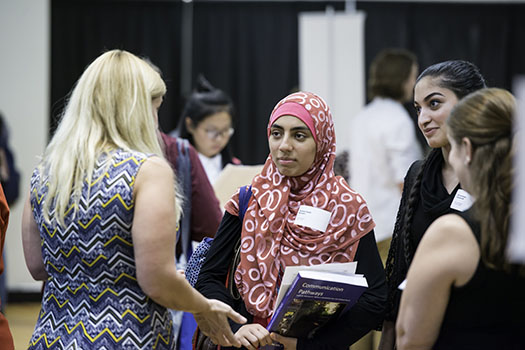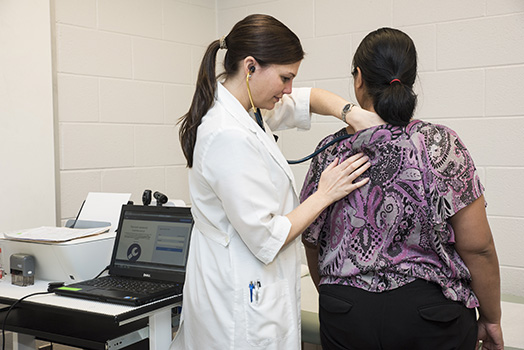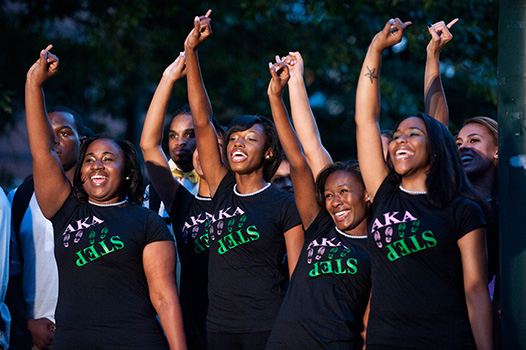
A full house of employers is expected for the 2017 Fall Career Fair on October 4-5 from 11 a.m.-4 p.m. in Dewberry Hall of the Johnson Center. Employer and student attendance at our fairs is at record levels! Don’t let your student miss out on networking with more than 200 employers.
A range of national, regional and local employers are expected, including Accenture, Amazon, General Dynamics, Capital One, Raytheon, SAIC, Booz Allen and other major employers from around the Northern Virginia area. Many federal and local government agencies are also registered, including the NSA, U.S. State Department, U.S. Dept. of Energy and Environment, FDA, Patent and Trademark Office and several branches of Fairfax County Government. Nonprofits, including several prominent think tanks from around the D.C. region are well represented among the employers attending.
Although the focus of the first day is Science, Technology, Engineering and Math and the second day is Business, Public Service and Nonprofit, many employers are hiring for a range of positions, so it is important for students to attend both days.
All students, from freshmen to seniors and recent graduates, are encouraged to attend the fair. Attendees can expect to be exposed to various career options and learn about the hiring needs of employers in their industry of interest. At the fair, many employers promote their online application tools, while some accept resumes and a few conduct screening interviews.
How can you help your student perform a self-evaluation before meeting employers? Here are our top tips for parents and families:
• Encourage your student to attend a preparation event before the Career Fair to practice speaking with employers and to have their resume reviewed. View the events calendar: careers.gmu.edu/events
• Suggest they attend the Career Fair professionally dressed to make a strong first impression. Learn more about preparation: careers.gmu.edu/students/events/fairs
• Students are invited to JC Penney at the Fair Oaks Mall from 7-10 p.m. on October 1 for nearly 70% off all professional dress! Encourage your student to stock up on business casual essentials and suits. JC Penney is opening especially for Mason students, faculty, staff and alumni. There will be prizes! Find out more: facebook.com/events/252716655233620
• Ask your student to research 6-8 companies before attending the fair. Employers do not like being asked what they do! They expect students to know this information. The list of participating employers is available within your student’s HireMason account, which can be accessed by clicking on the HireMason button on the top right of careers.gmu.edu.
Finally, we are here to prepare and connect career-ready students for post-graduate success. Make sure your student is making the most of this excellent Mason resource by using it early and often!
Carolyn Kleiman
Career Counselor
University Career Services



